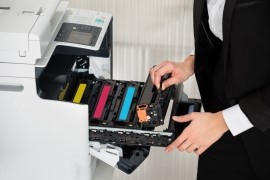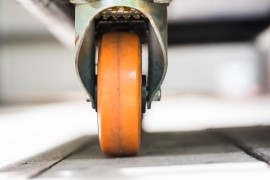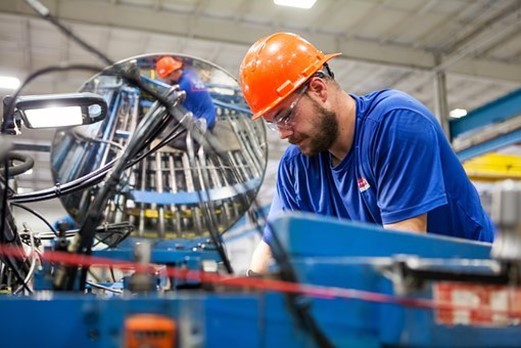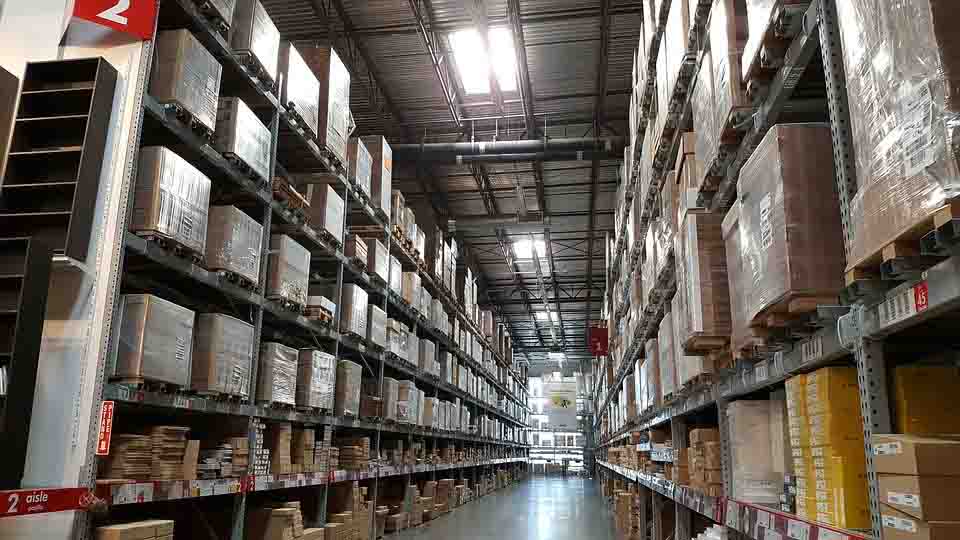My blog focuses on Financial Literacy/Money and Business/Entrepreneurship. If you’re in a sector that requires equipment, investing in it can make all the difference in terms keeping your operations optimal and thriving. The following contributed post is entitled, Why Investing In Good Equipment Pays Off Long-Term.
* * *
It’s so easy to be tempted by a lower price tag, isn’t it? And it’s especially easy to go for the lowest price when your budget is stretched and there’s a long list of things to buy… but when it comes to tools and equipment, going cheap can end up cosying you more in the long run, and anyone who’s had a bit of kit fail halfway through a job knows how much of a problem that can be! With that in mind, keep reading to find out more about why investing in good equipment pays off long-term.

Quality Makes A Difference
Reliable tools aren’t about anything luxurious or impressive – they’re the ones that get the job done the right way, and the ones you can rely on every time (which is going to reduce your stress levels massively!). The fact is that when something works well every time you use it, you’re saving yourself a lot of time and effort because you’re not having to stop to fix issues and work out what the problem is all the time.
That’s why the best thing to do is buy your equipment from specialists that offer well-made, long-lasting items. A good example is https://www.acarbide.com/ where you’ll find high-quality carbide tools that are built with durability in mind – they’ll last for as long as you need them to, and it’s worth the initial investment to get it right.
Fewer Replacements And Less Waste
When you invest in better tools, they usually last for a lot longer, and you’re not going to find yourself heading back to the shop or online store every few months to buy a new thing, and you’re not going to be sending a load of stuff to landfill either. So that’s good for your budget and bank account, as well as the planet in general. Plus it’s good for businesses to show they’re more eco-friendly, and less waste is going to ensure that’s something you can do.
Plus, when you’re not constantly swapping out old equipment for new items, you can build a bit of trust with whatever it is you’re using, so you’ll know exactly how it all works, and you’ll feel confident when you’re doing your job – that counts for a lot.
You Can Work Smarter
Choosing quality equipment is also a way of backing yourself because it shows you’re planning ahead, taking pride in your work, and building something that can last, no matter what it might actually be. It might seem like a small thing, but it can change how you look at a job or project, and that could be what turns a good idea into a great one.
And it doesn’t mean you have to break the bank – you can still compare options, read reviews, and make informed choices (in fact, you should definitely do that – it’s a good habit to get into no matter what you’re buying). The key is really to think about more than just the price and look for the value as well and then you’ll see what’s really worth the money.








